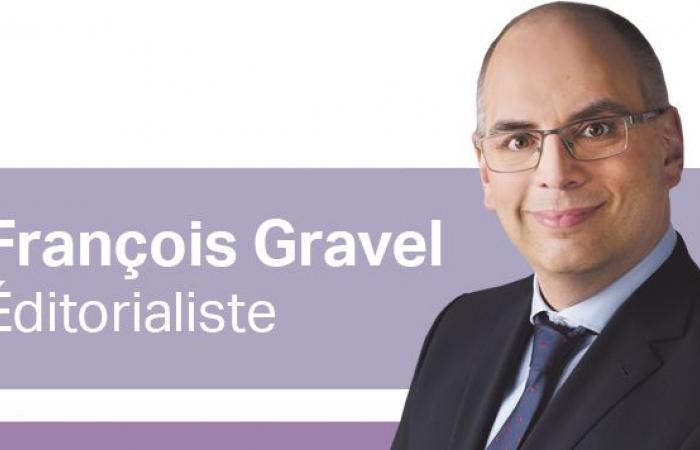The Liberal government is considering removing gas price regulations this spring. We urge him not to do such a thing. This is a bad idea put forward for the wrong reasons.
Susan Holt faced a first obstacle last week, as she began to renege on her promise to eliminate the special tax on gasoline imposed by her predecessor Blaine Higgs, a former employee of Irving Oil.
The Prime Minister added another layer. It is studying the possibility of removing regulation of gasoline prices and giving free rein to market fluctuations.
The two stories are linked. The Holt government is considering abandoning price controls to free itself from its promise to eliminate the special tax on gasoline, named as a carbon adjuster by Mr. Higgs.
Let’s start with the gasoline surcharge. The Liberal election platform states that a Holt government pledges to “immediately eliminate the Higgs gas tax, saving you approximately 4 cents per liter at the pump.”
It is difficult to be clearer.
However, a month after coming to power, the Liberals began to distance themselves from their promise. We then hypothesized that the oil industry had done excellent lobbying work behind the scenes.
Finance Minister René Legacy made comments in public that could easily have been written by an Irving Oil spokesperson. He expressed concern that convenience stores in rural areas would experience financial or supply difficulties.
We have since learned that Maurice Robichaud, former right-hand man to former prime ministers Frank McKenna and Shawn Graham, and whose influence is still felt in Liberal circles, registered as a lobbyist in late November on behalf of the Canadian Convenience Industry Council. Less than two weeks later, the Liberals postponed the adoption of the bill supposed to eliminate the carbon adjuster until next year.
It is in this context that the Liberal government expressed its desire to completely eliminate regulation of the price of gasoline. Prime Minister Holt, for her part, took up an argument dear to the industry, that is to say that the regulations bring no benefit to motorists and prevent price wars.
Let us first clarify that the Liberals never promised to end the regulation of the sale of gasoline. There is nothing mentioned about this in their program.
As for the price wars touted by the latter, they were rare, lasted only a few hours or a few days and were confined to the three main urban centers in the south of the province.
Motorists in rural areas, particularly those in the North, had to pay much more for their fuel than in urban areas in the south of the province, where competition is fiercer.
The price difference could regularly reach 10 cents per liter or more.
Price controls also allowed for greater stability. The commission generally announces rates on Thursdays. Under the old system, motorists discovered when they arrived at their gas station that the price at the pump had increased overnight.
The commission also revises prices downward as soon as possible. Previously, weeks could pass before a temporary price explosion was followed by a return to normal. Retailers or oil companies pocketed the difference to the detriment of consumers.
We invite Susan Holt and René Legacy to read newspaper clippings from the pre-regulation era before tackling this one. They will discover that contrary to their preconceived notions, these are not good times for motorists or their wallets.
The Liberals are seeking to back away from their promise to eliminate the Higgs-Irving surtax. Eliminating regulations on the price of gasoline is one way to achieve this, but at the expense of motorists, particularly those in the North.
Susan Holt never raised the issue of regulation during the election campaign. She does not have the mandate to put an end to it.






